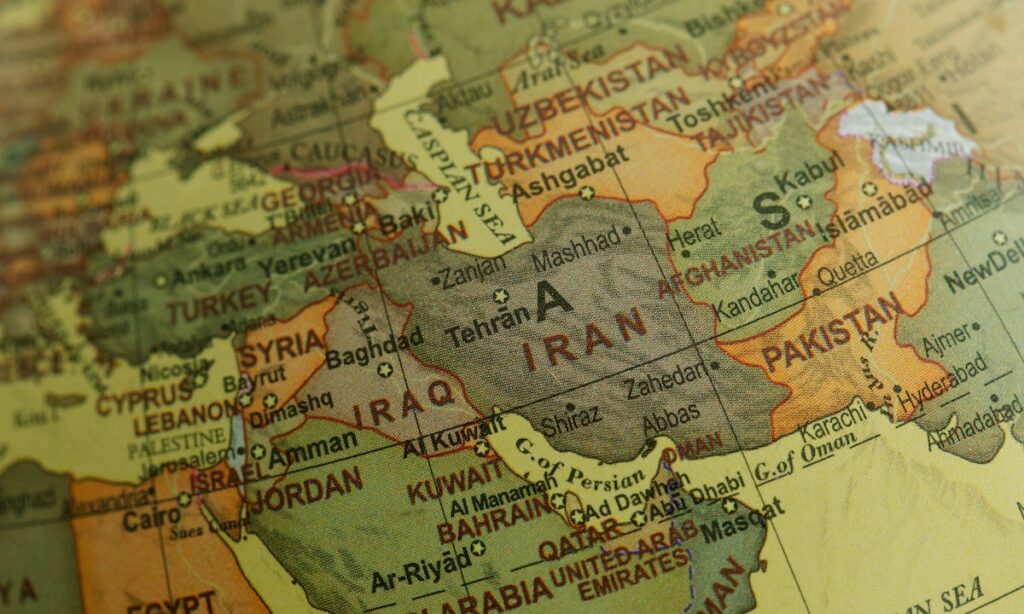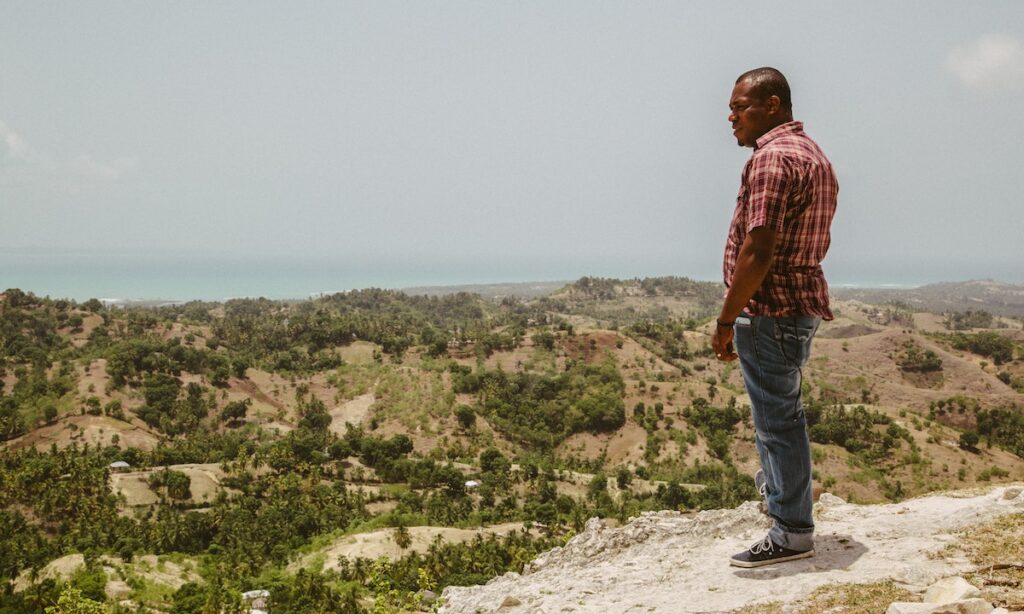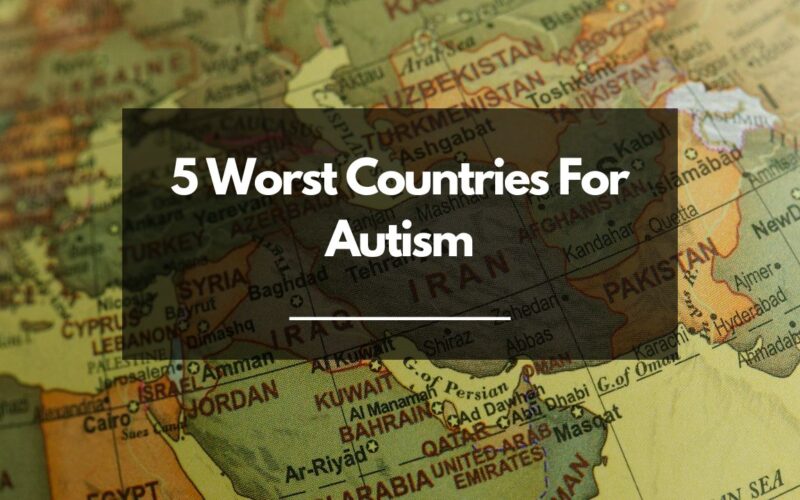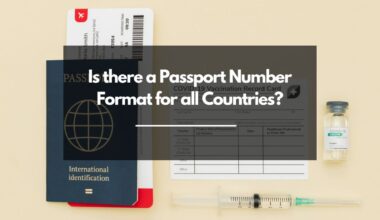As an Amazon Associate, I earn a small commission from qualifying purchases. Learn more about this.
If an individual can get the right support and understanding, living with autism won’t obviously seem to be an issue or become extra-challenging.
But sometimes, this might just not be the case.
There are some countries that don’t accept autistic people and others where people don’t actually know what autism is and how to deal with it – these are the worst places in the world to be autistic.
Are you willing to have a glimpse of these countries?
If yes, continue reading this article as we will be revealing the worst countries to live with autism and explore some of the challenges that people with autism may face in these countries. Worth mentioning that we also have a list of best countries to live with autism.
Top 5 Worst Countries for Autism
Living with autism can be a test, and a few nations offer preferable help and assets over others.
In the event that you or a friend or family member has this developmental disorder, you might be wondering which countries are the most terrible to live in.
However, we’ve compiled a list for you. Here are the main 5 most awful nations to live with autism below:
1. Afghanistan
This is among the list of countries where people with autism might likely experience difficulties living in.
Although, it can depend on several factors like access to resources, governmental policies and violence rate.

However, due to the lack of resources and infrastructure to support individuals with autism in the country – Afghanistan could pose challenges for you if you are autistic.
This is why it’s important that autistic individuals make research on the countries that have the capability of providing the necessary services and support.
2. Bangladesh
For a country to be considered safe and perfect for people with autism, it needs to be able to have the basic and more understanding of the awareness of autism.
Related: 6 Countries You Can Immigrate to with Autism
Bangladesh is a delightful country but it might not be well suitable for autistic individuals.
This is because of the availability of few resources for diagnosis, treatment and management of the disorder.
Additionally, the country’s schooling and employment opportunities aren’t set up to oblige their necessities.
3. Haiti
Haiti can be a very difficult country to live in if you have autism.
The nation has a lack of a specific educational system and awareness of the disorder, which can make it hard for individuals with autism to get the assistance they require.

Note that there are likely limited resources for diagnosis amidst other issues like poor sanitation, outbreak of many diseases and a profound political crisis.
4. Pakistan
Pakistan is a country that doesn’t restrict the entry or immigration of people with autism.
But, there might not be enough infrastructure and resources to support individuals that are living with this condition.
In some parts of the country, there’s limited awareness and education on autism which could possibly result in discrimination and stigmatization.
5. Indonesia
One other country that’s not considered as a favorable place for people living with autism is indonesia.
This Southeast Asian country doesn’t have enough therapy services for autistic people, and the government does not currently provide any autism-specific support programs.
6. Egypt
When an autistic person lacks the required support and assistance, this can actually result in social isolation and a lack of acceptance.
However, most people in Egypt are not well informed and educated about autism as some even assume the disorder is a “curse”.

Although, in recent years – Egypt has evolved in terms of autism care for affected individuals.
But, there’s still a minimal lack of awareness as some citizens still misunderstand the concept.
This is why Egypt is also among one of the worst countries to live in if you have autism.
7. Ethiopia
Due to the issue of healthcare and educational services for autistic people, it might not really be a good idea to live in this country alongside many other African countries with the disorder.
In Ethiopia, the prevalence of autism is unknown, in addition to scarcity of health services for children with autism.
Factors to Consider In Autism-Friendly Countries?
There are a couple of variables that need to be present in a country in order to be competent in accommodating individuals with autism.
Most of these include public awareness, societal education, legal protection, access to standard medical facilities, healthcare and many more.
1. Access to Medical care
Admittance to medical care is one more significant element to consider.
In some certain countries, there might be restricted access to medical care administrations or an absence of particular administrations for people with autism.
This can make it challenging for them to get the proper assistance and backing they need.
2. Public Awareness and Education
Public awareness is should also be looked into while deciding the worst and best countries to live in with autism.
This incorporates actual awareness and education, as well as availability of administrations and assets.
There should be widespread knowledge about autism in public places and among people in the country.
This will reduce discrimination and create an autism-friendly environment. It would also enable affected individuals to live peacefully without the stigmatization.
3. Legal Protection
It’s required that an autism-friendly country have legal protections for autism and other disabilities.
Laws like this will ensure that disabled individuals have equal rights just like every other person. They’re also expected to be protected from discrimination and every other related issue.
4. Employment Opportunities
Whether or not people with autism are allowed to work freely in a country without discrimination.is also something to consider.
There are certain organizations in some countries that have strict rules regarding who gets a job and who doesn’t.
This can create a sort of difficult situation for people living with autism.
Conclusion
With the help of the article above, we hope you have been able to grab the information you need. Only a few underdeveloped or developing countries lack what it takes to accommodate people living with autism.







